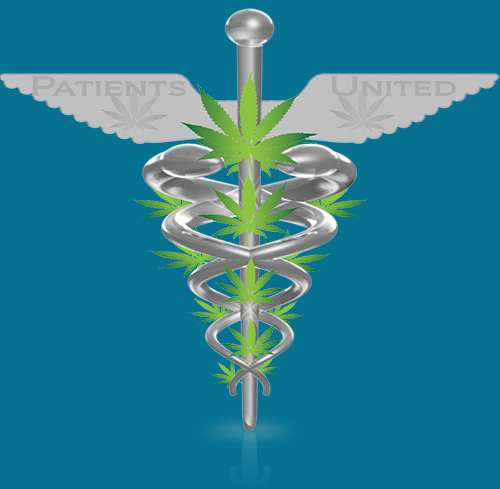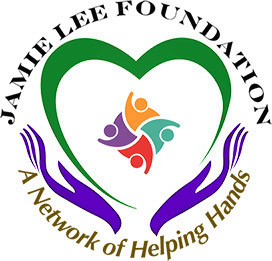
There are no documented deaths from a marijuana overdose, but that doesn’t mean pot is harmless.
“The main risk of cannabis is losing control of your cannabis intake,” Mark Kleiman, a drug policy expert at New York University’s Marron Institute, said. “That’s going to have consequences in terms of the amount of time you spend not fully functional. When that’s hours per day times years, that’s bad.”
Jon Caulkins, a drug policy expert at Carnegie Mellon University, put it another way: “At some level, we know that spending more than half of your waking hours intoxicated for years and years on end is not increasing the likelihood that you’ll win a Pulitzer Prize or discover the cure for cancer.”
The risk of misuse and addiction (known in medical circles as “cannabis use disorder”) is compounded by the widespread perception that pot is harmless: Since many marijuana users believe what they’re doing won’t hurt them, they feel much more comfortable falling into a habit of constantly using it believing it is a completely safe drug.
The most thorough review of the research yet, from the National Academies of Sciences, Engineering, and Medicine, found that pot poses a variety of possible downsides — including for respiratory problems if smoked, schizophrenia and psychosis, car crashes, general social achievement in life, and potentially babies in the womb.

But it doesn’t seem to cause some issues that are typically linked to tobacco, particularly lung cancer and head and neck cancers. And the studies reviewed also suggest it carries several benefits, particularly for chronic pain, multiple sclerosis, and chemotherapy-induced nausea and vomiting. (There wasn’t enough research to gauge if pot is truly good for some of the other ailments people say it’s good for, such as epilepsy and irritable bowel syndrome.)
Critics of legalization claim that marijuana is less of a safe drug and more of a gateway drug that can lead people to try more dangerous drugs like cocaine and heroin because there’s a correlation between pot and the use of harder drugs. But researchers argue that this correlation may just indicate that people prone to all sorts of drug use only start with marijuana because it’s the cheapest and most accessible of the illicit drugs. So if cocaine or heroin were cheaper and more accessible, there’s a good chance people would start with those drugs first.
Overall, marijuana is a relatively safe drug — certainly less harmful than some of the drugs that are legal today, and potentially beneficial to some people’s health through its medical use. But it’s not harmless.
Given that marijuana’s harms appear to be relatively small, though, advocates argue that, even if legalization leads to more pot use, it’s worth the benefit of reducing incarceration and crippling violent drug cartels financed in part by revenue from illicit weed sales.



